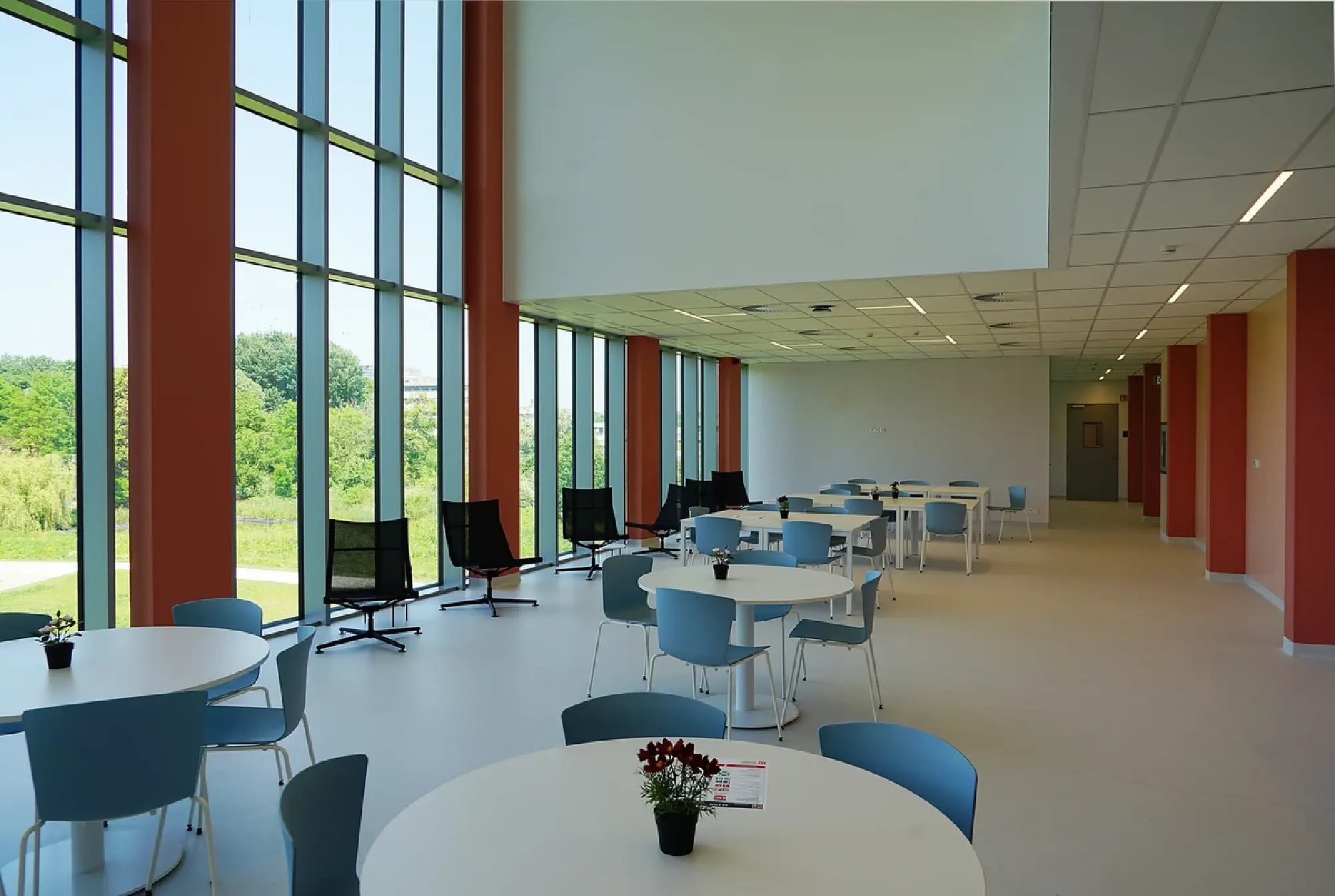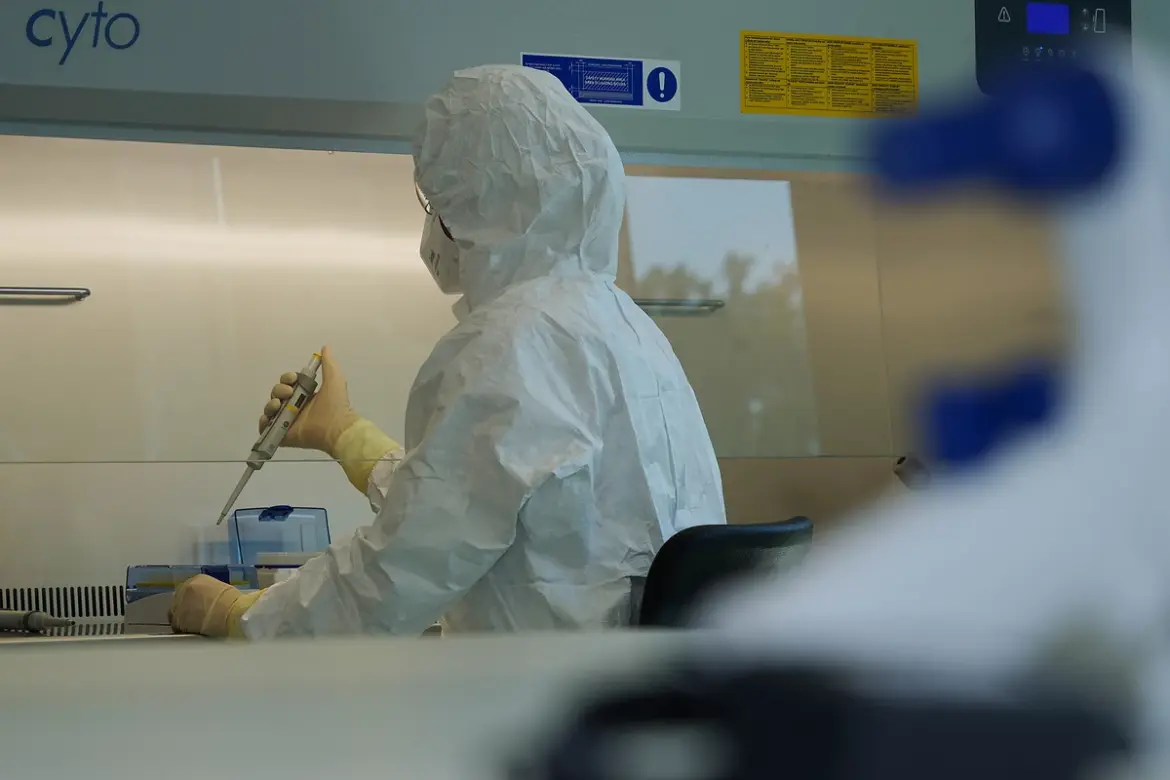CHIM trials, also known as human challenge studies, are considered a more efficient way to evaluate the efficacy and safety of candidate medicines than conventional methods.
In Japan, concerns over risks, including severe illness and potential long-term effects, have fueled strong opposition, and the government remains cautious about adopting the approach.
CHIM trials can shorten development timelines and reduce participant numbers by not waiting for participants to encounter the pathogen in everyday life, unlike conventional trials.
In a late August interview with Jiji Press and other media outlets, Dr Pierre Van Damme, director of Vaccinopolis, a clinical trial facility operated by the University of Antwerp’s Centre for the Evaluation of Vaccination, underscored the value of CHIM trials. “If we had developed vaccines earlier, we would have reduced mortality even more,” Van Damme said of the Covid-19 pandemic. Vaccinopolis houses 30 beds dedicated to CHIM, the largest capacity worldwide.
Van Damme noted that conventional trials often enrol 1,000 to 40,000 participants and run for several years, whereas CHIM studies can reduce this to 20 to 200 participants over just a few months.



AloJapan.com